When I held my baby for the first time, I thought the hard part was over. I had survived labor — surely recovery would be a walk in the park, right? Oh, how wrong I was.
Postpartum recovery is one of those things no one really prepares you for. Everyone talks about pregnancy and birth, but the weeks (and even months) after can feel like a mystery. I remember googling things at 3 a.m., wondering if what I was going through was “normal.”
If you’re in the same boat, let me share with you the five most important things I wish someone had told me about postpartum recovery. Think of this as advice from one mom to another, sprinkled with research and practical tips. 💕
1. Healing Takes Time — More Than You Expect
We often hear that postpartum recovery takes “six weeks.” The truth? Healing is different for everyone.
-
A vaginal birth may take weeks to months for complete healing, especially if there are stitches.
-
A C-section, being a major surgery, can take several months before you feel like yourself again.
-
Hormonal shifts, weakened muscles, and fatigue can last far longer than that “six-week check-up.”
👉 Tip: Give yourself permission to heal slowly. Listen to your body. Celebrate small wins — like walking around the block or finally sleeping a three-hour stretch.
2. Your Pelvic Floor Is the Unsung Hero
Nobody warned me that sneezing, coughing, or even laughing could be a new kind of workout. That’s your pelvic floor talking.
Pregnancy and delivery put a huge strain on these muscles. Weakness here can lead to incontinence, back pain, or a “heavy” feeling in your pelvis.
👉 Tip: Start gentle pelvic floor (Kegel) exercises as soon as your doctor clears you. Even five minutes a day can help strengthen and restore function.
👉 Many moms find tools like pelvic floor trainers or guided postpartum fitness apps incredibly helpful.
3. Mental Recovery Matters Just As Much
I wish more people had told me that postpartum isn’t only about physical healing. The emotional rollercoaster is just as real.
-
Baby blues are common in the first two weeks.
-
But if feelings of sadness, anxiety, or overwhelm last longer, it could be postpartum depression or anxiety — and you’re not alone.
👉 Tip: Talk openly about your feelings with someone you trust. Seeking professional help is a sign of strength, not weakness. Apps and online counseling can be a lifeline if you can’t leave home.
4. Nutrition Fuels Your Recovery
Your body just did the hardest work it will ever do. Now, it needs the right fuel.
-
Iron-rich foods (like spinach, lentils, red meat) help replenish blood loss.
-
Protein supports tissue healing.
-
Healthy fats (avocado, nuts, olive oil) boost energy and balance hormones.
-
Hydration is key, especially if you’re breastfeeding.
👉 Tip: Keep easy, nutrient-dense snacks on hand — trail mix, boiled eggs, Greek yogurt, or lactation cookies.
👉 Meal kits, cookbooks, or vitamin supplements designed for new moms.
5. Rest Isn’t Lazy — It’s Necessary
I know it feels impossible with a newborn, but rest is non-negotiable for healing. Your body repairs itself during sleep, and without enough, recovery slows.
👉 Tip: Instead of “sleep when the baby sleeps” (which often feels like a joke), try to nap at least once during the day. Even 20 minutes of rest can reset your system.
👉 White noise machines, blackout curtains, or wearable sleep trackers can actually help moms catch better rest.
💌 Final Thoughts
Postpartum recovery isn’t a sprint — it’s a journey. Some days you’ll feel strong, and others you’ll feel like you’re barely hanging on. Both are normal.
If there’s one thing I want you to take away from this, it’s this: be gentle with yourself. Healing takes time. You’re doing your best, and that is more than enough.
You’ve brought life into this world — and that makes you extraordinary. 🌸
